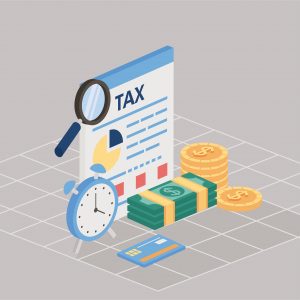Taxation is an essential component of any functioning government. It is a way for the government to generate revenue and fund various public services and programs. However, there are times when the methods used to collect taxes can be unfair or unjust. One such method is the practice of high-pitch assessment.
Get the same knowledge without reading, Watch now!

An income tax officer issues a high-pitch assessment order that charges more tax and penalty than what is legally or legitimately owed. This practice is often used by income tax officers to meet their collection targets. These targets are divided among various officers, and instead of going after big taxpayers, officers may choose to divide their targets among many small taxpayers who may not be able to respond adequately to notices or may not have the resources to hire a professional to handle their case.
The result of high-pitch assessments can be devastating for small taxpayers who may not have the means to fight back against an unjust assessment. Income tax officers may use ex-parte assessment or put high taxes even where there is no tax liability, causing undue hardship for small taxpayers.
Consult CA Arun Tiwari for more info 📞 8080088288 or cs@aktassociates.com
The impact of high-pitch assessments is not only financial but also psychological. Small taxpayers may feel intimidated and powerless against the government, leading to a breakdown of trust between the government and its citizens.
It is essential that we address the issue of high-pitch assessments and ensure that we do not unfairly target taxpayers. There needs to be a fair and transparent process in place that allows taxpayers to challenge any assessment they feel is unjust or inaccurate. We must hold income tax officers accountable for their actions and ensure that they do not have incentives to engage in unfair practices.
Conclusion
In conclusion, high-pitch assessments are a way for income tax officers to collect more taxes and penalties from small taxpayers to meet their collection targets. This practice is unfair and unjust and can have devastating consequences for small taxpayers. It is essential to address this issue and ensure that there is a fair and transparent process in place to protect taxpayers from unfair assessments.

